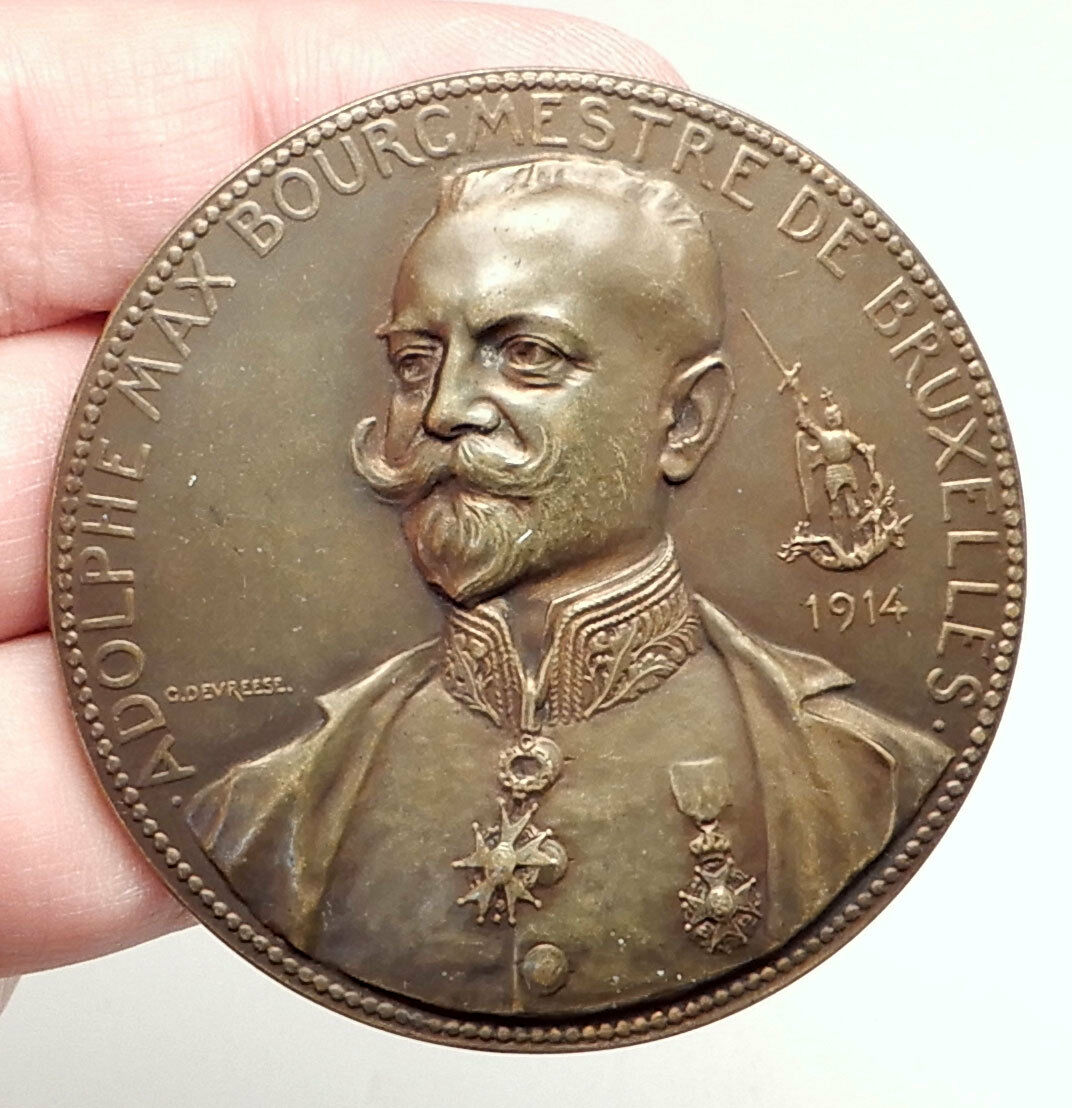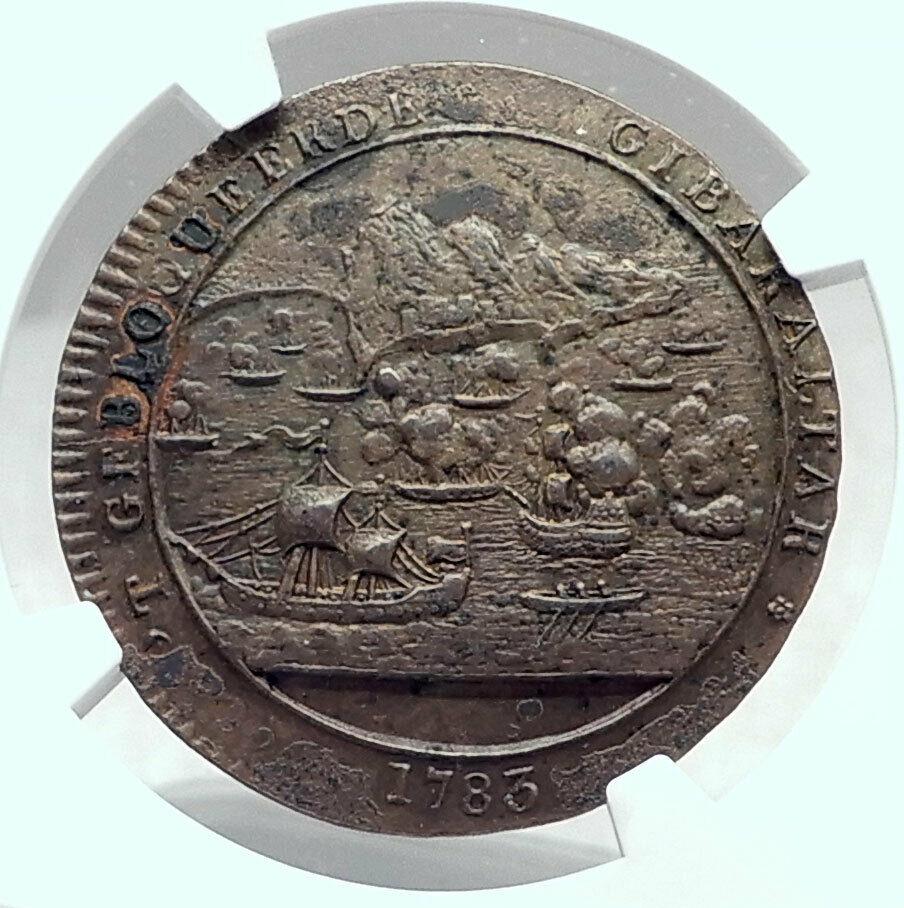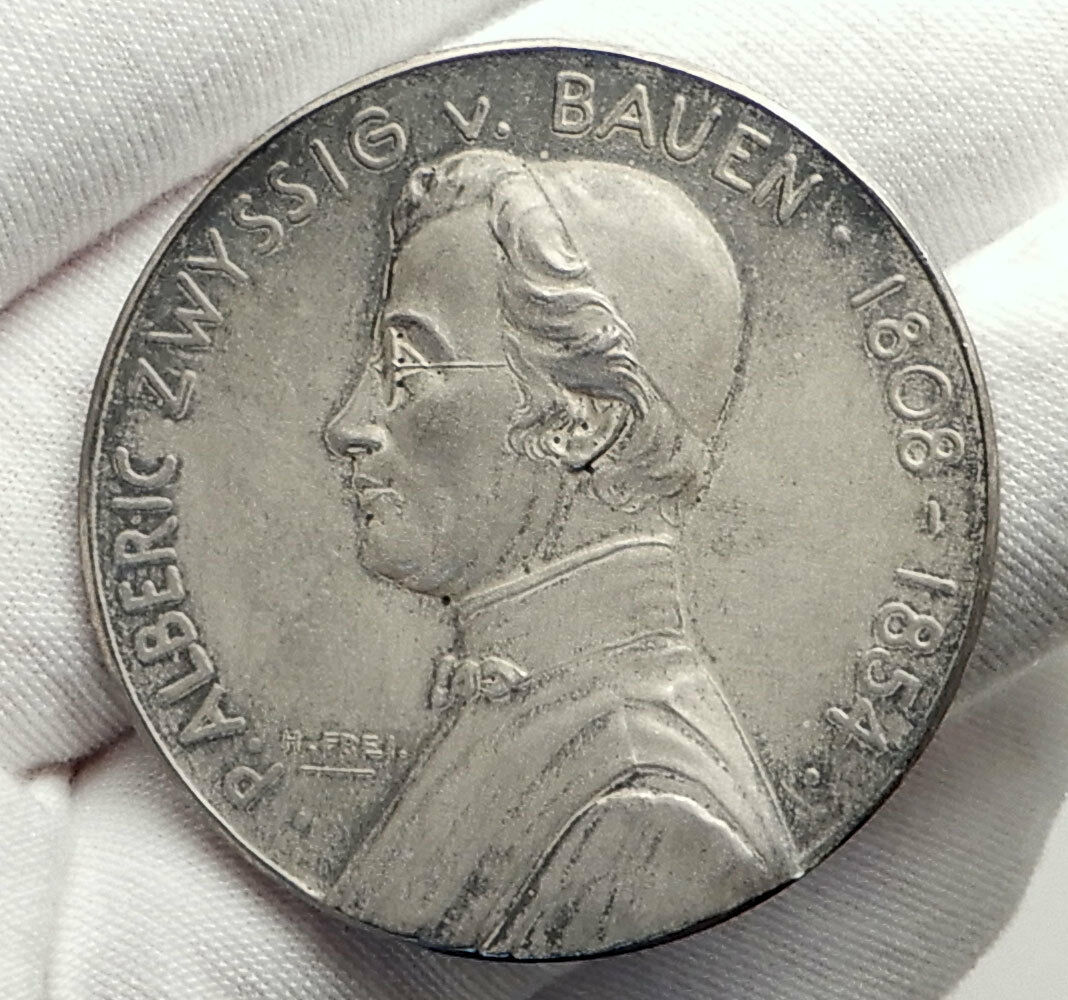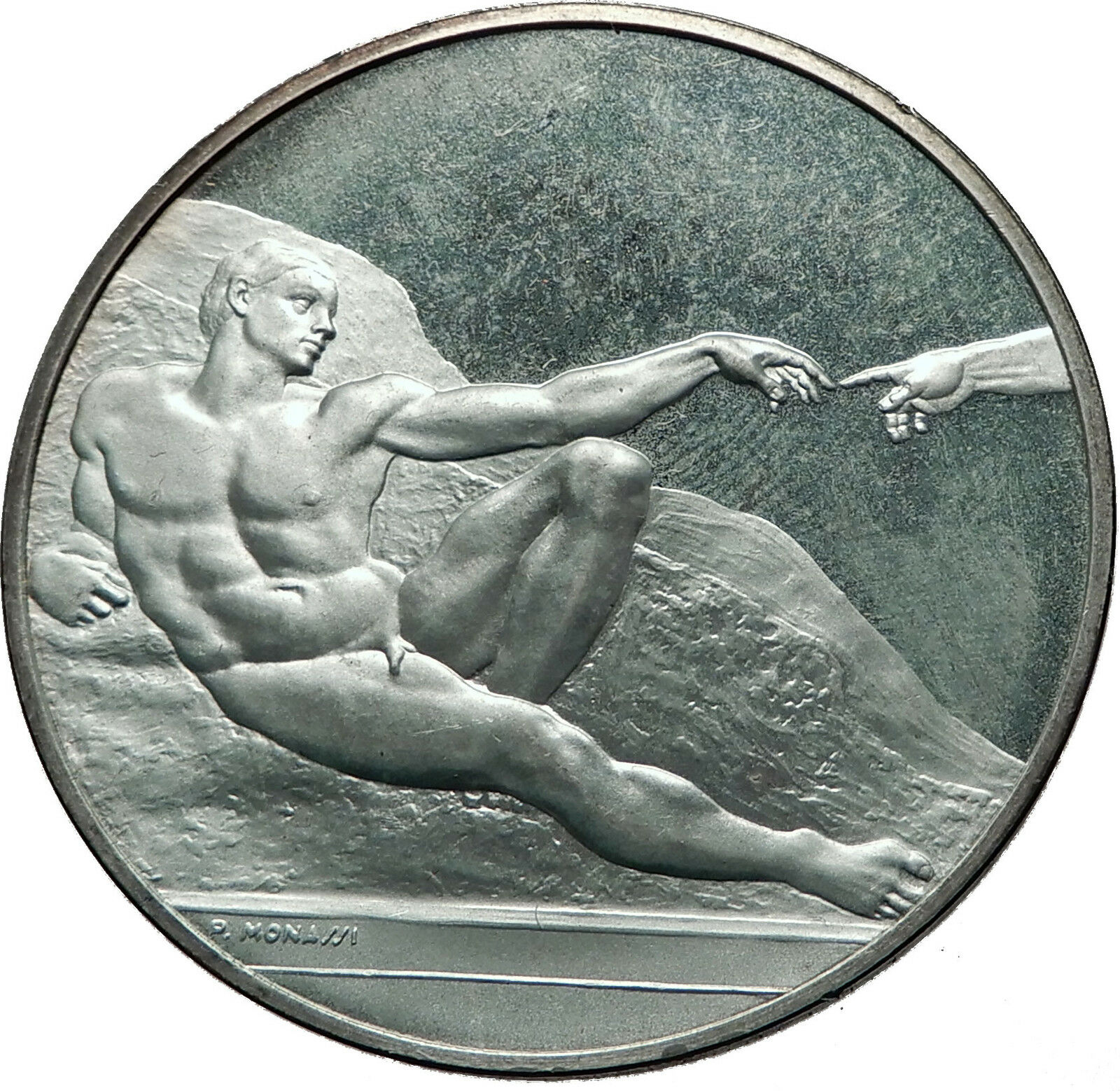|
Great Britain. Wales. Cardiff
Edward VII – King: 22 January 1901 – 6 May 1910
Edward VII and Queen Alexandria Commemorative Medal
1902 White Metal Medal 38mm (17.34 grams) Issued from the citizens of Cardiff
Conjoined crowned busts of Edward VII and Queen Alexandria.
Yddraig Koch – The Red Dragon of Wales above the Cardiff coat-of-arms shield; 26TH JUNE 1902 below.
You are bidding on the exact item pictured, provided with a Certificate of Authenticity and Lifetime Guarantee of Authenticity.
 Cardiff is the capital of Wales, and its largest city. The eleventh-largest city in the United Kingdom, it is Wales’s chief commercial centre, the base for most national cultural institutions and Welsh media, and the seat of the National Assembly for Wales. The unitary authority area’s 2017 population was estimated to be 362,756, and the wider urban area 479,000. Cardiff is a significant tourist centre and the most popular visitor destination in Wales with 21.3 million visitors in 2017. In 2011, Cardiff was ranked sixth in the world in National Geographic’s alternative tourist destinations. Cardiff is the capital of Wales, and its largest city. The eleventh-largest city in the United Kingdom, it is Wales’s chief commercial centre, the base for most national cultural institutions and Welsh media, and the seat of the National Assembly for Wales. The unitary authority area’s 2017 population was estimated to be 362,756, and the wider urban area 479,000. Cardiff is a significant tourist centre and the most popular visitor destination in Wales with 21.3 million visitors in 2017. In 2011, Cardiff was ranked sixth in the world in National Geographic’s alternative tourist destinations.
Cardiff is the county town of the historic county of Glamorgan (and later South Glamorgan). Cardiff is part of the Eurocities network of the largest European cities. A small town until the early 19th century, its prominence as a major port for the transport of coal following the arrival of industry in the region contributed to its rise as a major city. The Cardiff Built-up Area covers a slightly larger area outside the county boundary and includes the towns of Dinas Powys and Penarth. In 1905, Cardiff was made a city and proclaimed the capital of Wales in 1955.
Since the 1980s, Cardiff has seen significant development. A new waterfront area at Cardiff Bay contains the Senedd building, home to the Welsh Assembly and the Wales Millennium Centre arts complex. Current developments include the continuation of the redevelopment of the Cardiff Bay and city centre areas with projects such as the Cardiff International Sports Village, a BBC drama village,[8] and a new business district in the city centre. Sporting venues in the city include the Principality Stadium-the national stadium and the home of the Wales national rugby union team-Sophia Gardens (the home of Glamorgan County Cricket Club), Cardiff City Stadium (the home of Cardiff City football team and the Wales football team), Cardiff International Sports Stadium (the home of Cardiff Amateur Athletic Club), Cardiff Arms Park (the home of Cardiff Blues and Cardiff RFC rugby union teams) and Ice Arena Wales (the home of Cardiff Devils ice hockey team). The city hosted the 1958 British Empire and Commonwealth Games. The city was awarded the title of European City of Sport twice, due to its role in hosting major international sporting events: first in 2009 and again in 2014. The Principality Stadium hosted 11 football matches as part of the 2012 Summer Olympics, including the games’ opening event and the men’s bronze medal match.
 Alexandra of Denmark (Alexandra Caroline Marie Charlotte Louise Julia; 1 December 1844 – 20 November 1925) was Queen of the United Kingdom and the British Dominions and Empress of India as the wife of King Edward VII. Alexandra of Denmark (Alexandra Caroline Marie Charlotte Louise Julia; 1 December 1844 – 20 November 1925) was Queen of the United Kingdom and the British Dominions and Empress of India as the wife of King Edward VII.
Her family had been relatively obscure until 1852, when her father, Prince Christian of Schleswig-Holstein-Sonderburg-Glücksburg, was chosen with the consent of the major European powers to succeed his distant cousin, Frederick VII, to the Danish throne. At the age of sixteen, she was chosen as the future wife of Albert Edward, Prince of Wales, the heir apparent of Queen Victoria. They married eighteen months later in 1863, the same year her father became king of Denmark as Christian IX and her brother was appointed to the vacant Greek throne as George I. She was Princess of Wales from 1863 to 1901, the longest anyone has ever held that title, and became generally popular; her style of dress and bearing were copied by fashion-conscious women. Largely excluded from wielding any political power, she unsuccessfully attempted to sway the opinion of British ministers and her husband’s family to favour Greek and Danish interests. Her public duties were restricted to uncontroversial involvement in charitable work.
On the death of Queen Victoria in 1901, Albert Edward became king-emperor as Edward VII, with Alexandra as queen-empress. She held the status until Edward’s death in 1910. She greatly distrusted her nephew, German Emperor Wilhelm II, and supported her son George V during the First World War, in which Britain and its allies fought Germany.
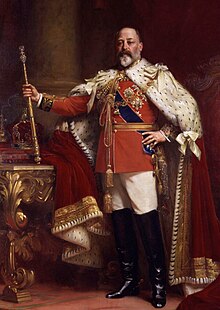 Edward VII (Albert Edward; 9 November 1841 – 6 May 1910) was King of the United Kingdom and the British Dominions and Emperor of India from 22 January 1901 until his death in 1910. Edward VII (Albert Edward; 9 November 1841 – 6 May 1910) was King of the United Kingdom and the British Dominions and Emperor of India from 22 January 1901 until his death in 1910.
The eldest son of Queen Victoria and Prince Albert of Saxe-Coburg and Gotha , Edward was related to royalty throughout Europe. Before his accession to the throne, he served as heir apparent and held the title of Prince of Wales for longer than any of his predecessors. During the long reign of his mother, he was largely excluded from political power, and came to personify the fashionable, leisured elite. He travelled throughout Britain performing ceremonial public duties, and represented Britain on visits abroad. His tours of North America in 1860 and the Indian subcontinent in 1875 were popular successes, but despite public approval his reputation as a playboy prince soured his relationship with his mother.
As king, Edward played a role in the modernization of the British Home Fleet and the reorganization of the British Army after the Second Boer War . He re-instituted traditional ceremonies as public displays and broadened the range of people with whom royalty socialized. He fostered good relations between Britain and other European countries, especially France , for which he was popularly called “Peacemaker”, but his relationship with his nephew, Kaiser Wilhelm II , was poor. The Edwardian era , which covered Edward’s reign and was named after him, coincided with the start of a new century and heralded significant changes in technology and society, including steam turbine propulsion and the rise of socialism . He died in 1910 in the midst of a constitutional crisis that was resolved the following year by the Parliament Act 1911 , which restricted the power of the unelected House of Lords .
.svg/220px-Great_Britain_(orthographic_projection).svg.png) Great Britain, also known as Britain, is an island in the North Atlantic off the north-west coast of continental Europe. With an area of 209,331 km2 (80,823 sq mi), it is the largest island in Europe and the ninth-largest in the world. In 2011 the island had a population of about 61 million people, making it the third-most populous island in the world, after Java in Indonesia and Honshu in Japan. The island is the largest in the British Isles archipelago, which also includes the island of Ireland to its west and over 1,000 smaller surrounding islands. Great Britain, also known as Britain, is an island in the North Atlantic off the north-west coast of continental Europe. With an area of 209,331 km2 (80,823 sq mi), it is the largest island in Europe and the ninth-largest in the world. In 2011 the island had a population of about 61 million people, making it the third-most populous island in the world, after Java in Indonesia and Honshu in Japan. The island is the largest in the British Isles archipelago, which also includes the island of Ireland to its west and over 1,000 smaller surrounding islands.
The island is dominated by an oceanic climate with quite narrow temperature differences between seasons. Politically, the island is part of the United Kingdom of Great Britain and Northern Ireland, constituting most of its territory: most of England, Scotland, and Wales are on the island, with their respective capital cities, London, Edinburgh, and Cardiff. The term Great Britain often extends to include surrounding islands that form part of England, Scotland, and Wales.
A single Kingdom of Great Britain resulted from the Union of Scotland and England (which already comprised the present-day countries of England and Wales) in 1707. More than a hundred years before, in 1603, King James VI, King of Scots, had inherited the throne of England, but it was not until 1707 that the Parliaments of the two countries agreed to form a unified state. In 1801, Great Britain united with the neighboring Kingdom of Ireland, forming the United Kingdom of Great Britain and Ireland, which was renamed the United Kingdom of Great Britain and Northern Ireland after the Irish Free State seceded in 1922.
|





 Cardiff is the capital of Wales, and its largest city. The eleventh-largest city in the United Kingdom, it is Wales’s chief commercial centre, the base for most national cultural institutions and Welsh media, and the seat of the National Assembly for Wales. The unitary authority area’s 2017 population was estimated to be 362,756, and the wider urban area 479,000. Cardiff is a significant tourist centre and the most popular visitor destination in Wales with 21.3 million visitors in 2017. In 2011, Cardiff was ranked sixth in the world in National Geographic’s alternative tourist destinations.
Cardiff is the capital of Wales, and its largest city. The eleventh-largest city in the United Kingdom, it is Wales’s chief commercial centre, the base for most national cultural institutions and Welsh media, and the seat of the National Assembly for Wales. The unitary authority area’s 2017 population was estimated to be 362,756, and the wider urban area 479,000. Cardiff is a significant tourist centre and the most popular visitor destination in Wales with 21.3 million visitors in 2017. In 2011, Cardiff was ranked sixth in the world in National Geographic’s alternative tourist destinations.  Alexandra of Denmark (Alexandra Caroline Marie Charlotte Louise Julia; 1 December 1844 – 20 November 1925) was Queen of the United Kingdom and the British Dominions and Empress of India as the wife of King Edward VII.
Alexandra of Denmark (Alexandra Caroline Marie Charlotte Louise Julia; 1 December 1844 – 20 November 1925) was Queen of the United Kingdom and the British Dominions and Empress of India as the wife of King Edward VII.  Edward VII (Albert Edward; 9 November 1841 – 6 May 1910) was King of the United Kingdom and the British Dominions and Emperor of India from 22 January 1901 until his death in 1910.
Edward VII (Albert Edward; 9 November 1841 – 6 May 1910) was King of the United Kingdom and the British Dominions and Emperor of India from 22 January 1901 until his death in 1910..svg/220px-Great_Britain_(orthographic_projection).svg.png) Great Britain, also known as Britain, is an island in the North Atlantic off the north-west coast of continental Europe. With an area of 209,331 km2 (80,823 sq mi), it is the largest island in Europe and the ninth-largest in the world. In 2011 the island had a population of about 61 million people, making it the third-most populous island in the world, after Java in Indonesia and Honshu in Japan. The island is the largest in the British Isles archipelago, which also includes the island of Ireland to its west and over 1,000 smaller surrounding islands.
Great Britain, also known as Britain, is an island in the North Atlantic off the north-west coast of continental Europe. With an area of 209,331 km2 (80,823 sq mi), it is the largest island in Europe and the ninth-largest in the world. In 2011 the island had a population of about 61 million people, making it the third-most populous island in the world, after Java in Indonesia and Honshu in Japan. The island is the largest in the British Isles archipelago, which also includes the island of Ireland to its west and over 1,000 smaller surrounding islands.

